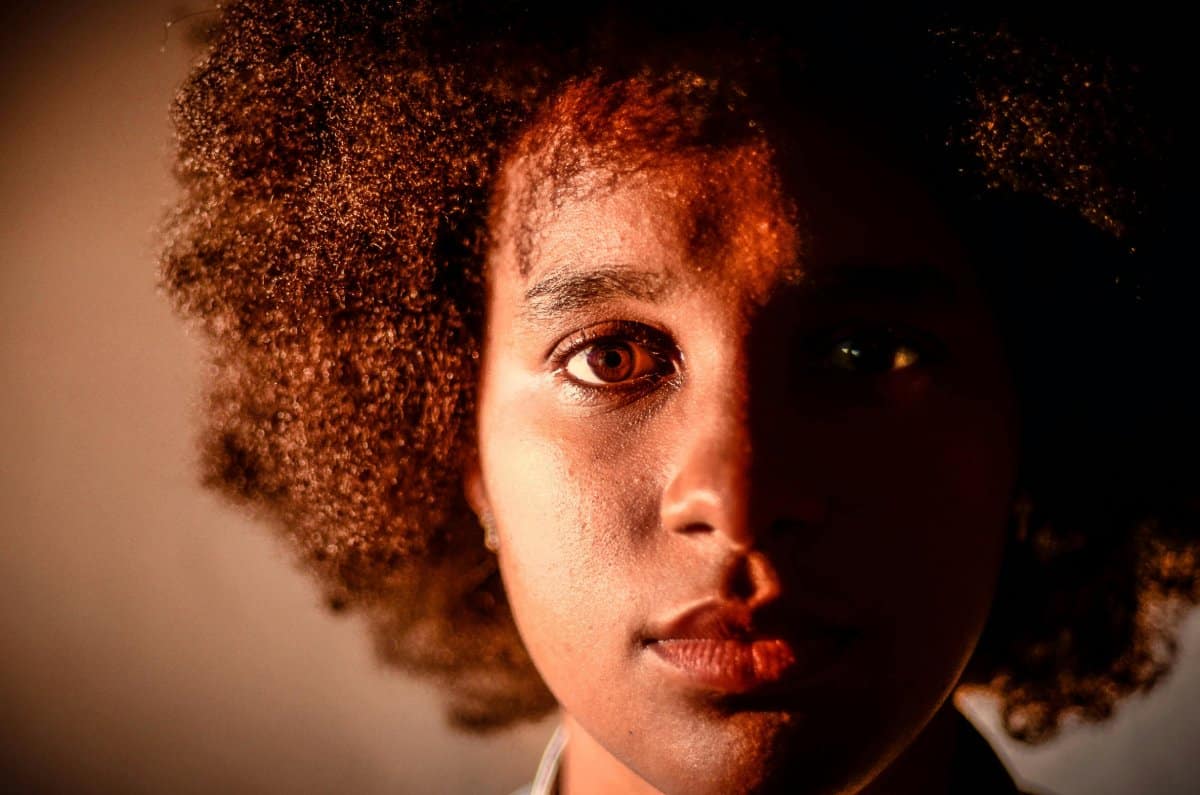The BAME (Black, Asian, and Minority Ethnic) community in America faces a multitude of challenges that demand urgent attention. From systemic inequalities to social injustices, these issues require comprehensive solutions to ensure equality, justice, and prosperity for all. In this article, we delve into key issues confronting the BAME community in America today.
1. Healthcare Disparities

Disparities in access to quality healthcare services persist within the BAME community, contributing to higher rates of illnesses and poorer health outcomes.
2. Economic Inequality
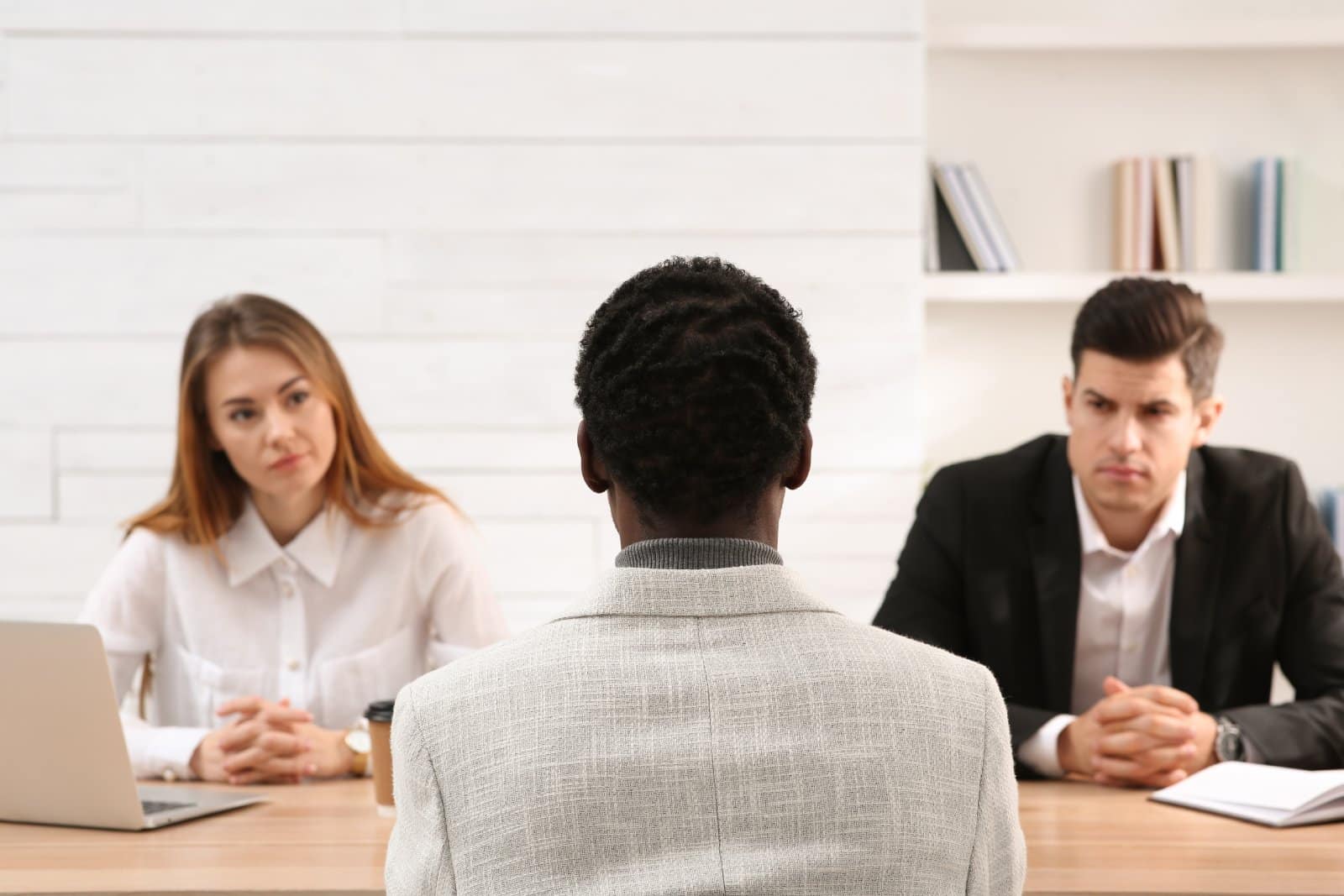
Despite progress, economic disparities persist, with BAME individuals experiencing higher rates of unemployment, lower wages, and limited access to economic opportunities.
3. Educational Disparities
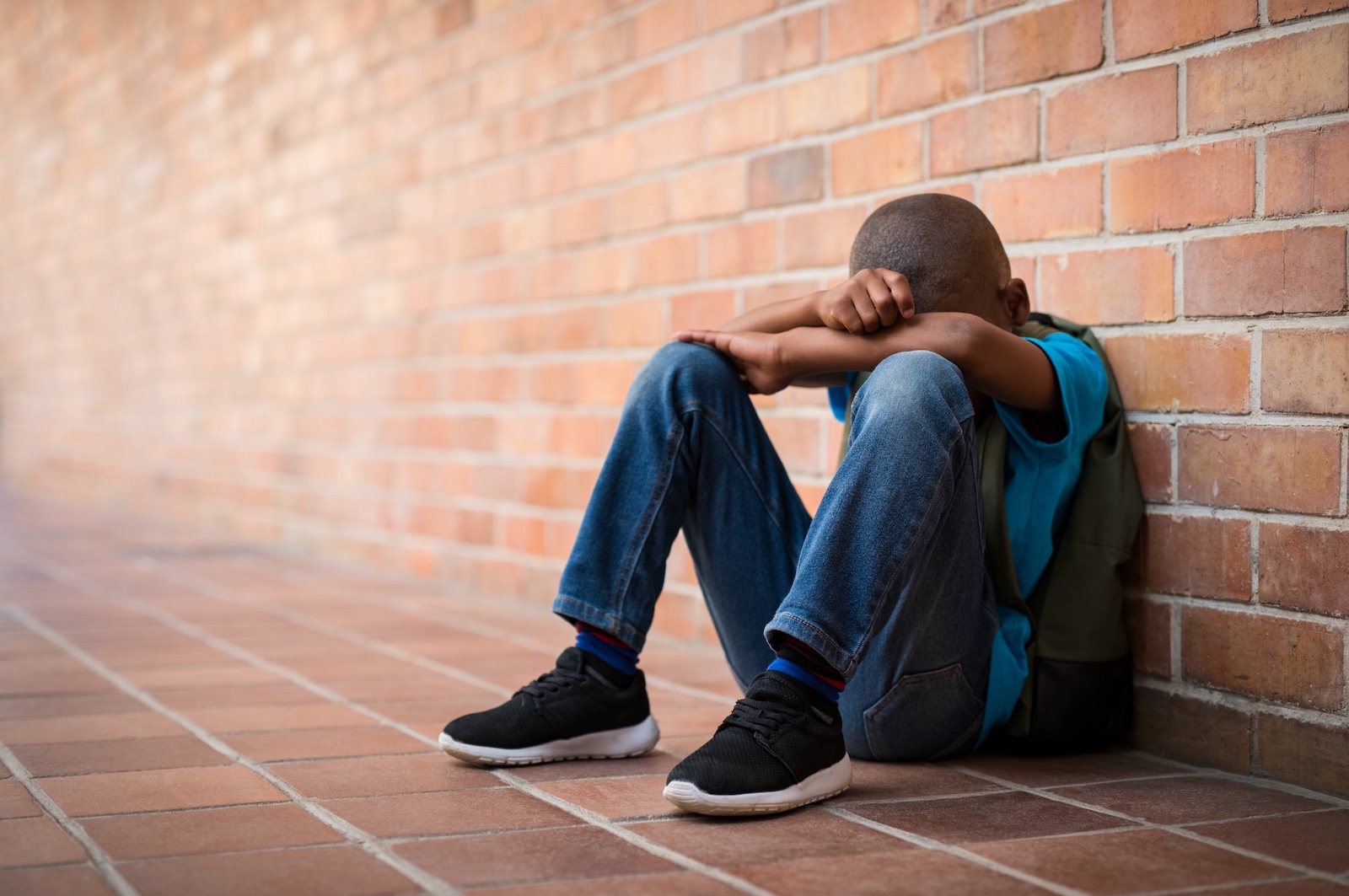
BAME students often face unequal educational opportunities, including underfunded schools, lack of resources, and biased disciplinary practices, leading to achievement gaps and limited access to higher education.
4. Voting Rights Suppression
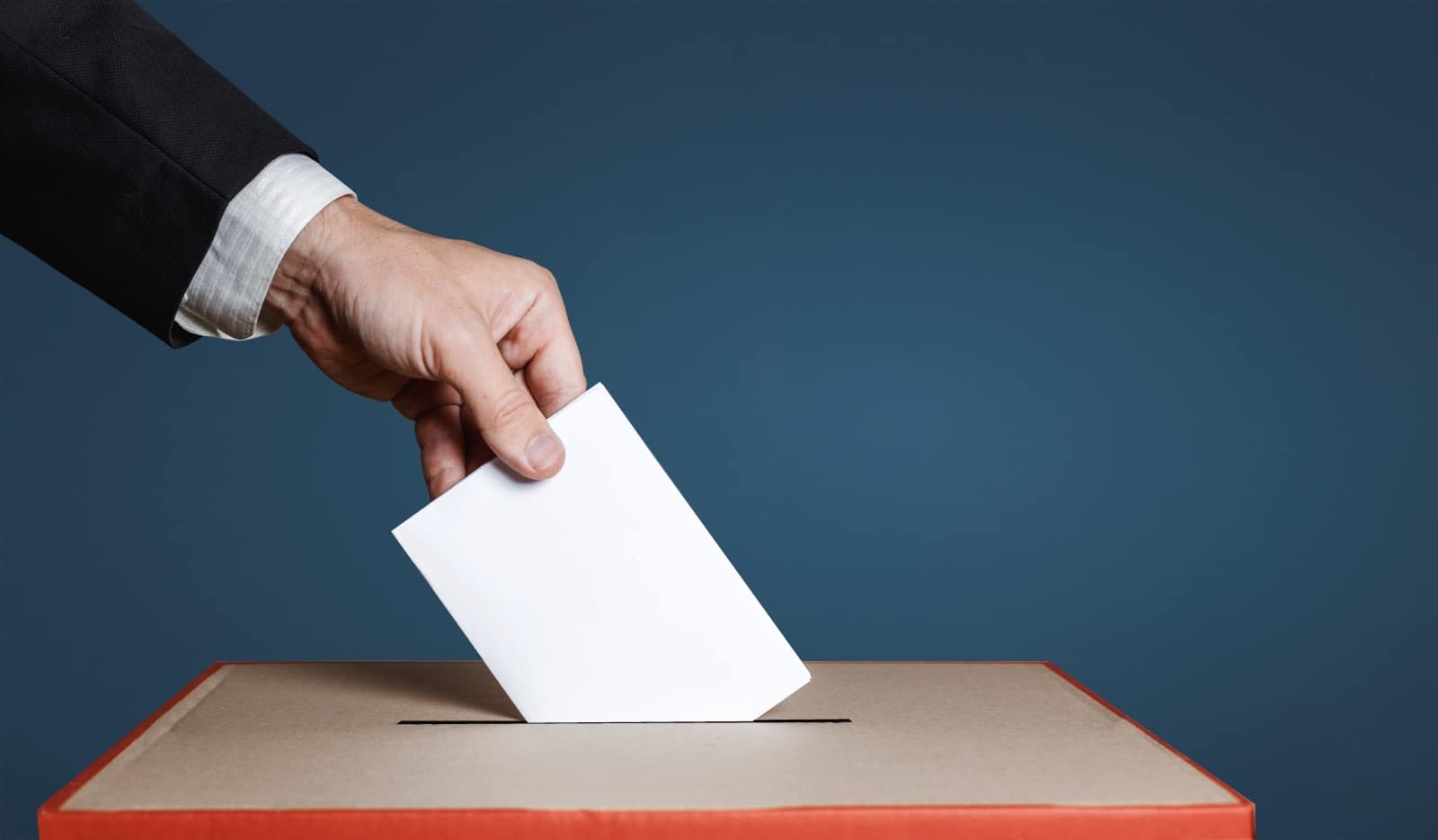
BAME communities encounter barriers to exercising their voting rights, including voter ID laws, gerrymandering, and voter intimidation, undermining their political participation and representation.
5. Environmental Injustice
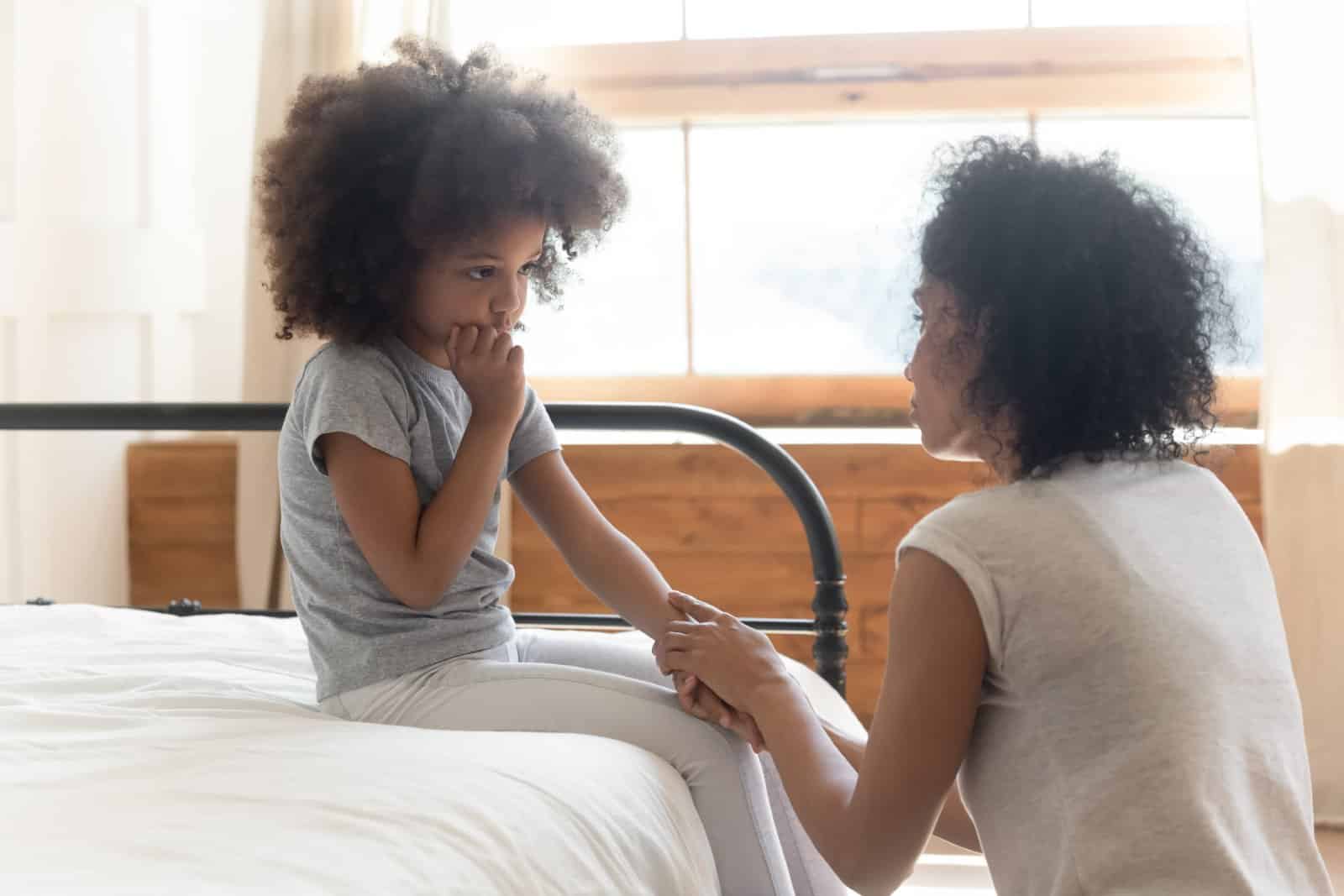
BAME neighborhoods are disproportionately affected by environmental pollution and lack of access to clean air, water, and green spaces, exacerbating health disparities and quality of life issues.
6. Housing Discrimination
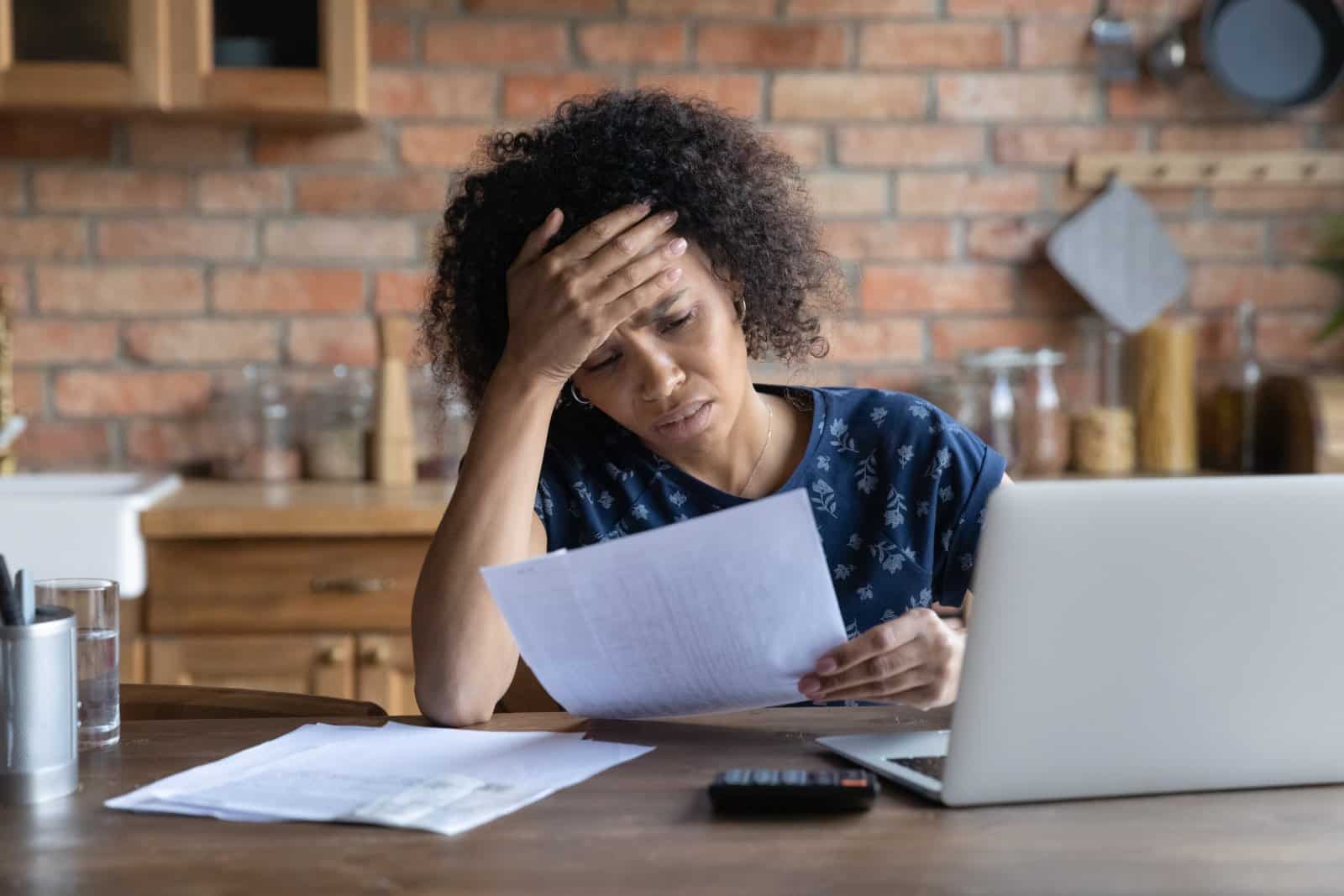
Discriminatory housing policies and practices persist, leading to segregated communities, limited housing options, and unequal access to safe and affordable housing for BAME individuals and families.
7. Immigration Policies
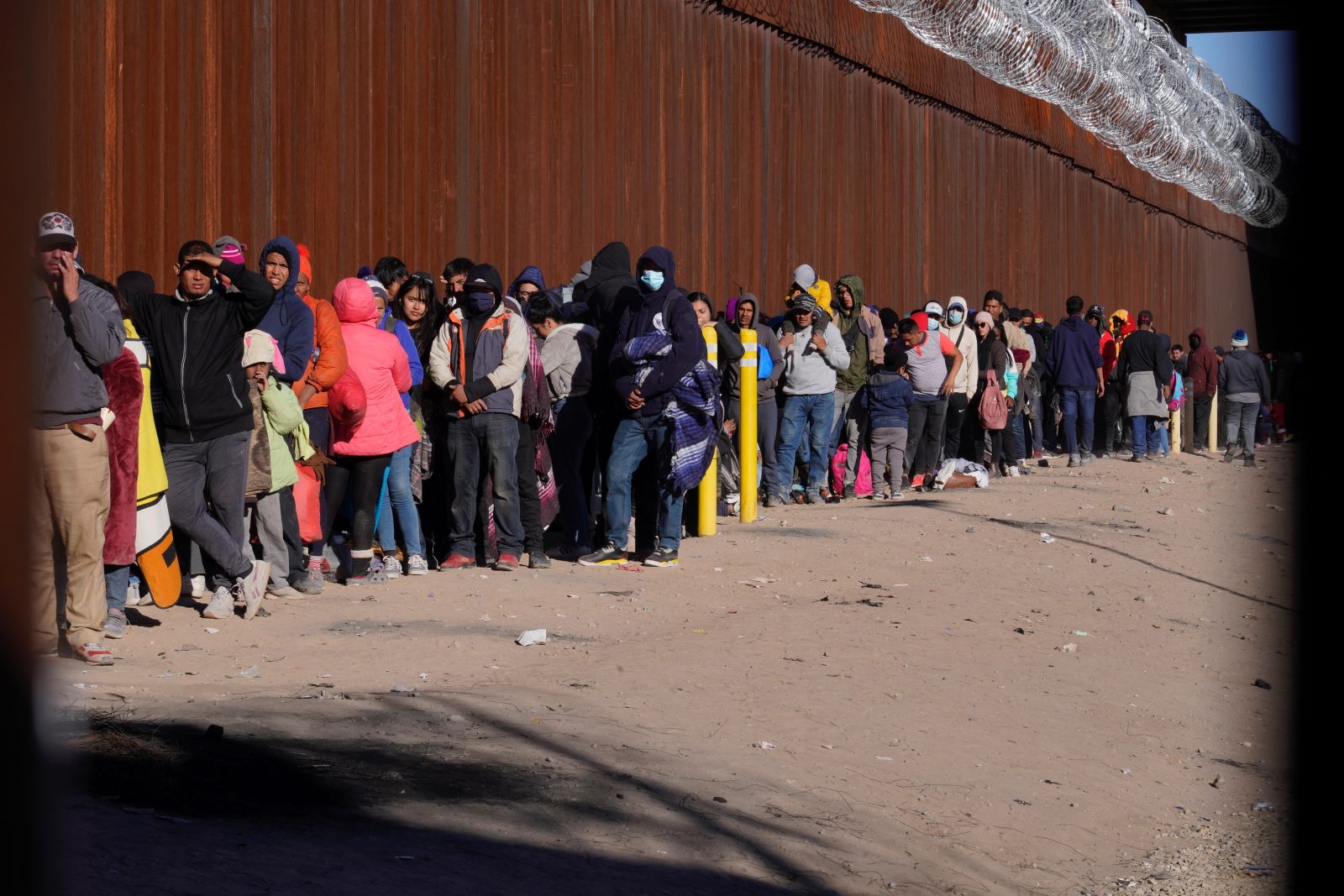
BAME immigrants face harsh immigration policies, detention, and deportation threats, often tearing families apart and creating fear and uncertainty within immigrant communities.
8. Criminal Justice System Disparities
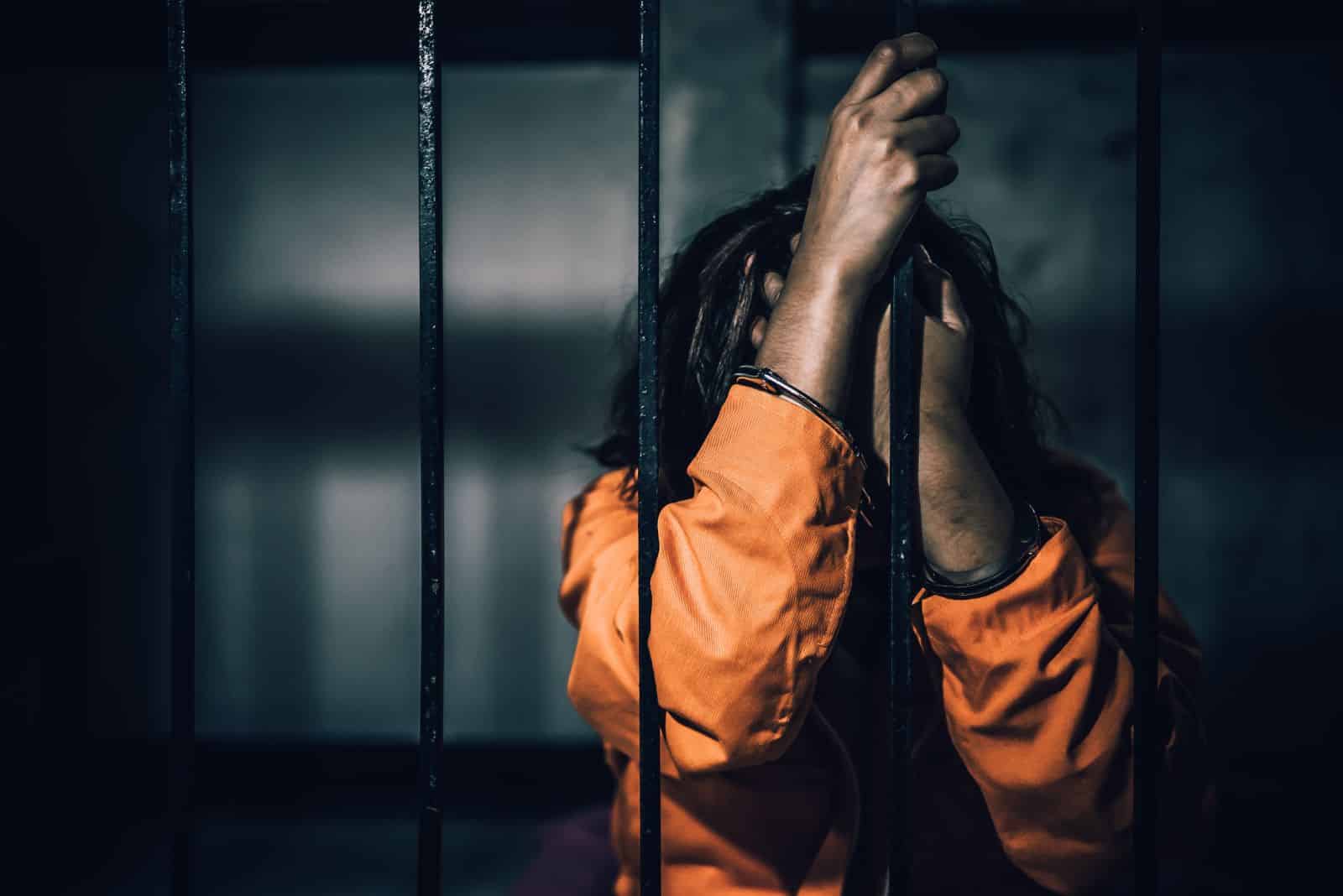
BAME individuals are disproportionately incarcerated and face harsher sentencing for similar offenses compared to their white counterparts, highlighting systemic biases within the criminal justice system.
9. Cultural Stereotypes and Representation
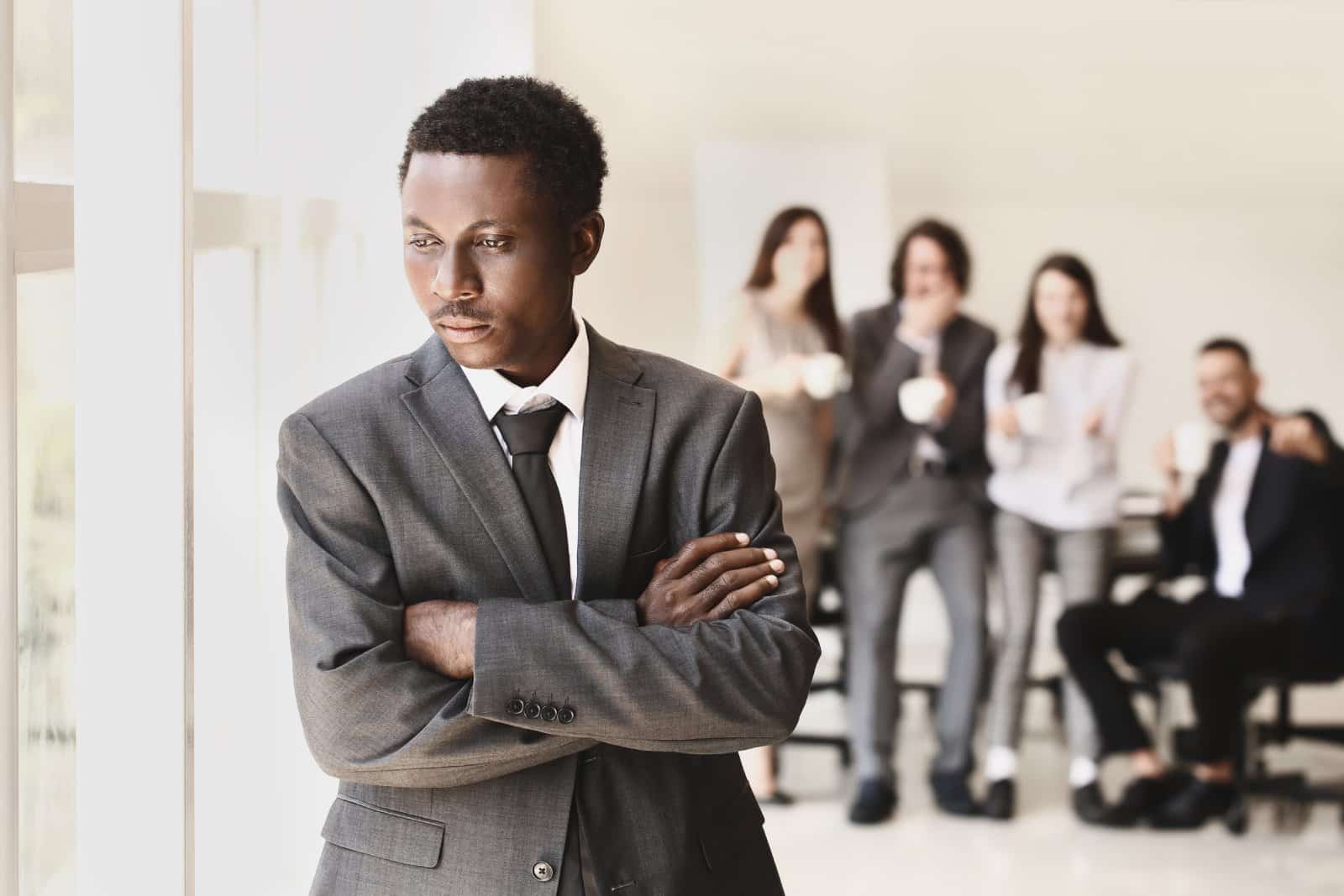
Negative stereotypes and misrepresentation in media and popular culture perpetuate harmful biases and limit opportunities for BAME individuals to thrive and contribute positively to society.
Uniting Efforts for BAME Equality and Justice

Addressing these key issues facing the BAME community in America requires a collective commitment to dismantling systemic barriers, promoting equity and inclusion, and amplifying the voices of those most affected. By acknowledging and actively working to address these challenges, we can move closer to realizing a more just and equitable society for all.
The post 9 Vital Challenges for America’s BAME Community first appeared on Pulse of Pride.
Featured Image Credit: Pexels / Felix Ramirez.
For transparency, this content was partly developed with AI assistance and carefully curated by an experienced editor to be informative and ensure accuracy.

